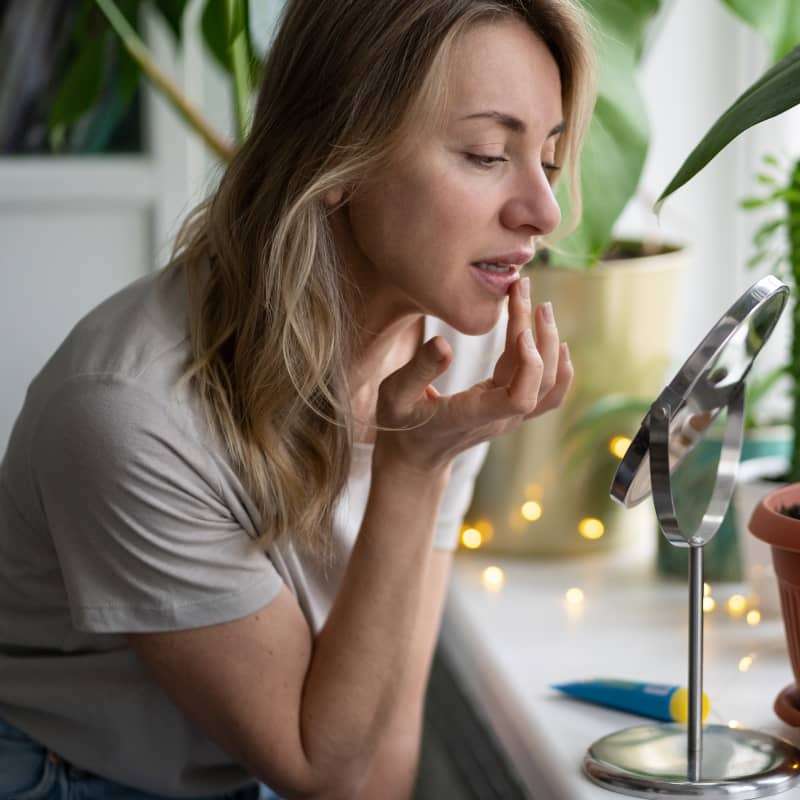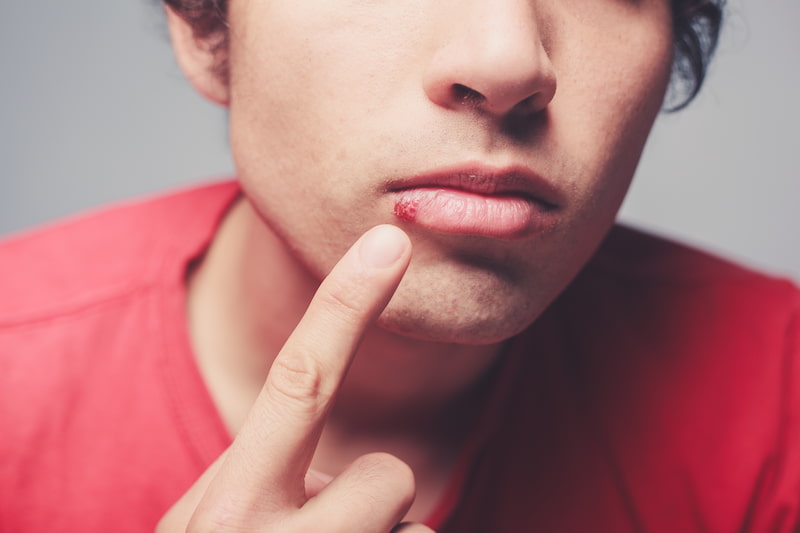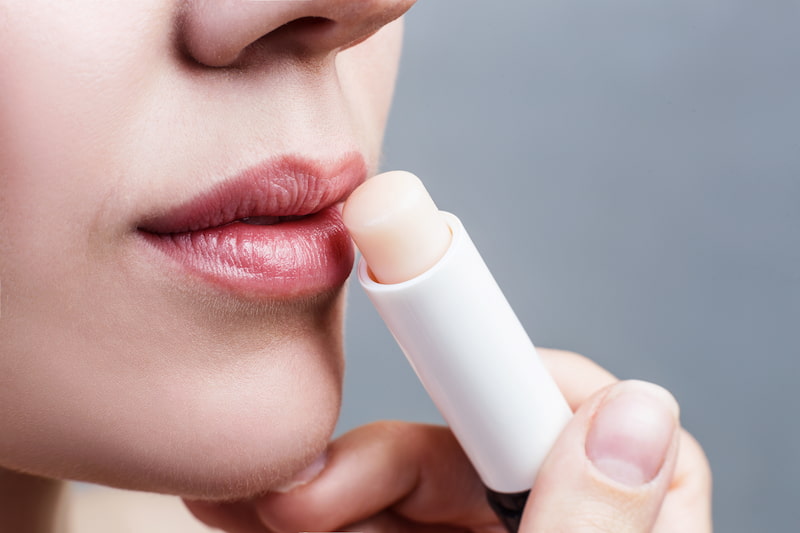
The winter season is upon us and many people are gearing up for the cold months ahead. Unfortunately, one of those things you might not think about is – how can I avoid cold sores in winter?
Cold sores are caused by herpes simplex virus type 1 (HSV-1) and they can cause pain and discomfort that may last long into the spring. Did you know that 5-10 out of 100 people who have had it are affected again over 5 times a year by this virus? [7]
Fortunately, there are precautions we can take to prevent them from developing into full-blown cold sore infections during this time of year.
What are cold sores?
Cold sores are fluid-filled blisters that appear on the lips, around the mouth or nose, and are contagious even if not visible on the skin. They tend to appear in times of weakened immune system such as after you’ve had a cold. They can also appear when your body reacts to sun exposure or sudden changes in body temperature.
Common symptoms of cold sores are [1]
- Fever
- Muscle pain
- Swollen lymph nodes
- Tingling, burning, and itching in the infected area
This is caused by the virus multiplying. The affected area will become swollen and red before a blister appears on the skin. The cold sore may crust over with yellow or grey scabs. As it heals, the blisters should break open and release fluid, leaving brownish bruises behind.

What causes cold sores?
Cold sores are caused by the herpes simplex viruses – HSV1 and HSV2. You can get cold sores from touching an infected person’s skin, the saliva, or the genitals [1]
There are certain risk factors associated with cold sores which can lead to its reactivation [3]
- Sun exposure
- Stress
- Infection, cold, or fever
- Burns
- Skin diseases, like eczema
- HIV/AIDS
- Weak immune system
- Menstruation
- Chemotherapy
- Dental work
Does Cold Weather Make Cold Sores Worse?
Yes, cold sores are worse in colder weather because the of dehydrated lips. An absence of humidity in winter results in dry and chapped lips [3]
Practical Research-Backed Tips on How to Avoid Cold Sores in Winter
Fortunately, there is a range of different ways to avoid cold sores in winter. How you get the virus is still not exactly known, but believing that you can never give it to someone else will motivate you to prevent it from occurring in the first place.
The following list comprises all the information you need to know on how to avoid cold sores in winter:
1. Strengthen Your Immune System
You can prevent a cold sore from coming by strengthening your immune system with vitamin C, zinc, and important herbal supplements. Those who have a cold sore outbreak at least once in six months have an immune system that is either low or compromised. Avoid too much sun exposure as it lowers the body’s immunity and makes you more susceptible to cold sores [2] Also, consume a healthy diet full of fresh fruits and vegetables.
2. Keep Your Lips Hydrated
To avoid cold sores in winter, you should follow basic oral hygiene measures like brushing your teeth twice daily and flossing every night. If you are someone who picks at or bites their lips often, stop doing it immediately. Keep lips hydrated with a lip balm containing natural ingredients like shea butter, vitamin E, petroleum jelly, or beeswax. [3] You can apply this lip balm at least 2-3 times a day to keep lips supple and healthy.

3. Minimize Stress
To avoid cold sores in winter, you need to reduce your stress levels by doing yoga or meditation daily. Stress can activate the herpes virus at any time of the year so it is important to keep your stress levels down 24/7 [7]
4. Consume Lysine Rich Foods
Lysine is an amino acid that helps to boost up your immunity and stimulates the production of antibodies [4] It can be found in fenugreek seeds, soybeans, spirulina, meat, cheese, and fish [5].
5. Don’t Eat Arginine Rich Foods
Arginine is an amino acid that our bodies need. It circulates through the bloodstream and helps with proper digestion of sugars, improves circulation, reduces blood pressure, and regulates hormones.
However, it also activates the herpes simplex virus so if you have cold sores already it’s best to avoid arginine-rich foods altogether [6] Foods high in arginine are nuts, wheat germ, peanuts, and chocolate.
7. Ensure You Get Plenty of Sleep
Your immune system is affected by sleep patterns so if you don’t get enough sleep your body can’t fight off diseases very well, especially cold sores [7]
Is there any medication that will help to reduce cold sores in winter?
Yes, you can use the Aciclovir cream for cold sores and herpes. Colds sores are not harmful if they’re treated properly and promptly. However, they can cause serious damage to the lips, mouth, and even eyes if they’re left untreated. To avoid reaching this stage, use this cream early on in an outbreak and protect yourself and others around you.
Sources
1. Cold Sores (Healthline)
2. Can Cold Sores be Prevented? (NCBI)
3. Sore or Dry Lips (NHS)
5. Cold Sore Triggers (Healthline)
6. Relation of arginine-lysine antagonism to herpes simplex growth in tissue culture (NIH)
7. Herpes simplex and mood: a prospective study (NIH)
Further Reading
Cold Sores | NHS
Cold Sores: Symptoms, Causes, Treatments and More | Healthline
Understanding Cold Sores Basics | WebMD







